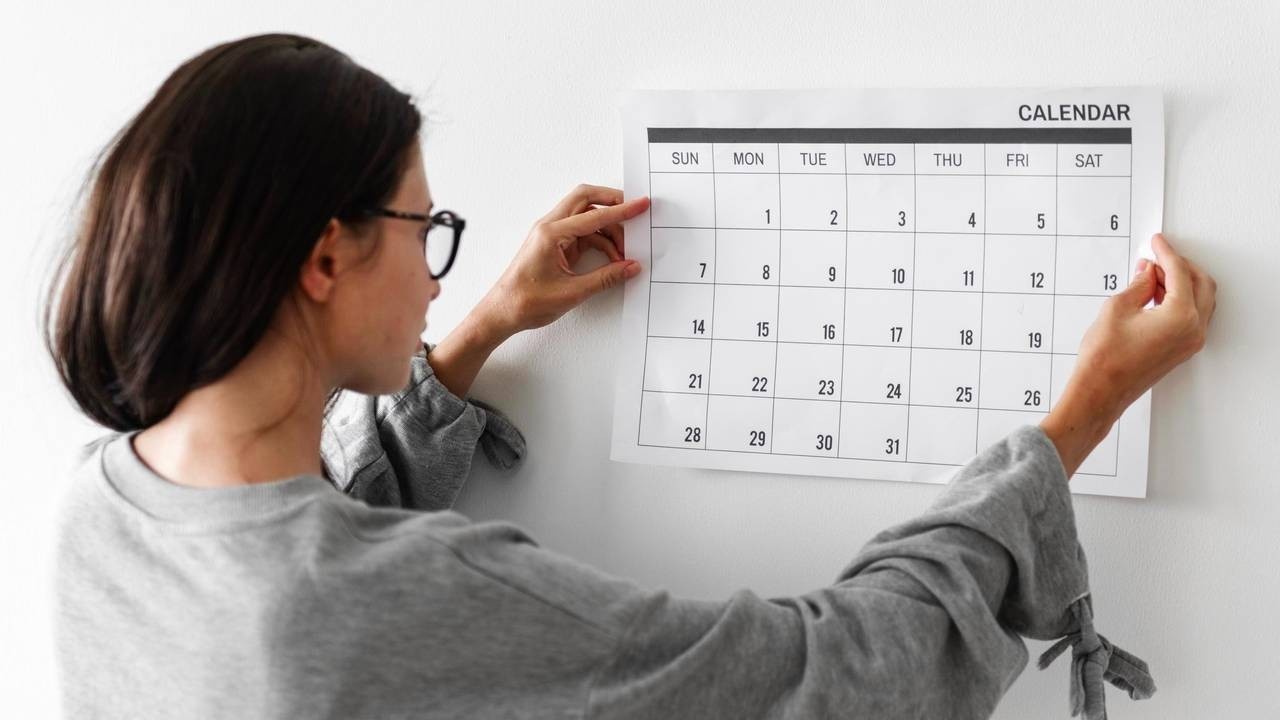How To Stop Making Excuses - 4 Tools
Apr 30, 2020
No More Making Excuses
Learning to stop making excuses and start taking consistent action is how we create anything in our lives. If there is anything we want that we haven’t achieved yet, it’s only because we haven’t taken the consistent action to get it.
So how do we become more consistent? How do we take the action to make our ideals and dreams become, not what we talk about, but what we actually do?
This episode is all about how to get better at being consistent and show up for yourself no matter what. I give you four tools to help you become more consistent with anything in your life: act in the present, examine your thoughts, make a decision, and create a small container. Applying these tools will allow you to create the life you want through powerful, consistent action.
How To Stop Making Excuses
Consistency is the key to getting the life we really want. Here are four tools that can help you stop making excuses and increase your consistency:
#1 Put Off Your Excuses and Act in the Present
Our brain wants to conserve energy and avoid discomfort by pushing all our work to the future. Consistency is created in the present. And the more willing you are to consistently experience discomfort or put forth effort in the present moment and override that lower brain, the more ability you will have to create the life you want.
Apply Russell Brunson’s manana principle:
- Ask yourself, What action am I putting off to the future?
- What am I worrying about now?
- Then flip these two so that you are acting now and worrying later.
#2 Examine Your Thoughts and Excuses
Our brain likes to creating limiting beliefs so that it won’t have to do hard things. Start by noticing the current thoughts you have about yourself and your ability to be consistent in the way you want.
Look at your thoughts about what you want to do in your life. And see what they are creating and really evaluate if they are serving you. Ask yourself:
- What do you believe about your ability to be consistent?
- What do you believe about your ability to show up for yourself?
- What are the beliefs that are getting in the way?
- Do you have a belief that is making it easy to be inconsistent?
Just notice how big a role your thought play in your success at being consistent.
#3 Make a Decision (Not an Excuse)
There is so much power in making a decision about who you want to be and how you want to show up without entertaining a negotiation with your brain every time.
Make a decision instead of an excuse. If you decide what you’re doing to do and no excuse is going to stop you, then your brain will figure out a way to get it done.
And this is really powerful to know. It really is up to you and the decisions you make. Your brain will do what you want it to do if you don’t allow the excuses.
#4 Create a Small Container
Having a goal is like creating a container for your dreams so that you can grab hold of them and move them from just an idea into the physical world.
The smaller my container, the more urgent the goal becomes. So I like to set 90 day goals to kind of give me a vision for where I am going, but I find what’s even more useful for me is to set 30 day or monthly goals from there. A month is such a small container that it brings me up close and personal with my goal. It makes it urgent. We are now down to days. And I want to create something with a matter of days.
This makes me act rather than just think about acting. In many ways the container makes me set my fears aside. It makes me act.
Daily Exercise for your goals:
- Write your goal at the top of the page. Then ask, “On a scale from 1-10, how committed am I to my goal?”
- Then ask yourself, “Why.”
And write down all the thoughts that come up. Just write them down until your brain runs out of reasons - And then ask the third question: “If I was 10/10 committed to reaching my goal what would I be thinking?”
And then, after a few days of asking these three questions, I change the questions by simply changing one word. I change “committed” to “confident” and I do the same exercise for the rest of the month.
And then next month you set a new goal and start over.
Episode Notes
Mentioned on the podcast:
-
Russell Brunson, Marketing Secrets Podcast, How the Manana Principle Will Prepare You for Tomorrow
- Dan Kennedy, The Fitness and Lifestyle Podcast
- The Mind Muscle Podcast, Marcus Smith on 30 Marathons in 30 Days
- Sign up for a free coaching session
- Chernobyl
Interested in Coaching?
If you are interested in coaching with me, please email [email protected]
to enquire about availability and I'll send you a link to schedule a call where we can talk about working together.


